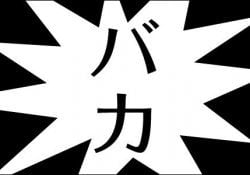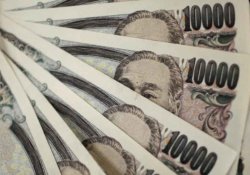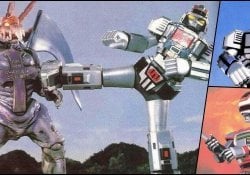In this article, we are going to talk a little about working hours in Japan, and we will understand why Japanese are famous for working too much, and show that Japan is not synonymous with work.
In Japan the worker is paid by the hour. According to Japanese labor law, the workload is 8 hours a day or 40 hours a week, as in most countries. But employees can choose to work up to 45 hours of overtime per month, where they are paid 25% to 50% more than the standard hourly wage.
Because of this, many Japanese have acquired a workaholism. More than 1 million Japanese workers have signed a term that allows them to work up to 100 overtime hours per month. The government has already tried several ways to end workaholism, such as limiting overtime, and even taking extra pay.
Índice de Conteúdo
How is work?
During the 8 hours of work, the worker has 1 hour break, some companies usually divide this time into several breaks during the day. The law requires a worker to have at least 1 day off per week or 4 days off per month. If the employee wants to work on the rest day, he receives an additional 35%.
A large proportion of young people and adults work in part-time or permanent jobs. Others work on their own, create their own business and manage their time.
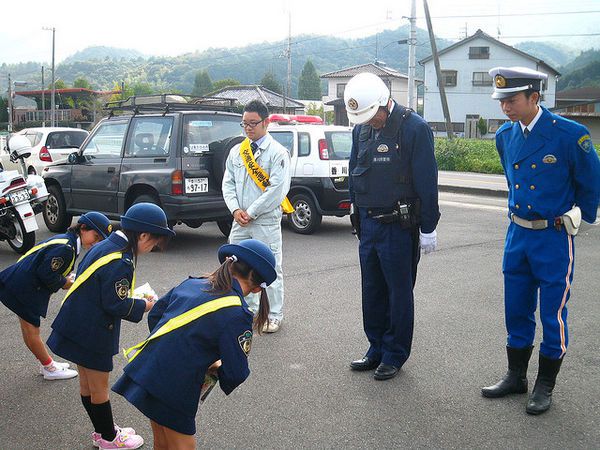
History and Culture
There are several reasons that contribute to the Japanese being addicted to work. After Second World War, Japan has experienced rapid economic growth, thanks to the dedication of the Japanese. So it became customary for the Japanese to have a love for work.
In a traditional Japanese office, some employees follow an “etiquette” rule where they “can't leave” before the boss, even if their work has already been completed.
One of the main factors for the Japanese to work too much is money. Some end up striving for the good of the family, but end up forgetting to spend time with her. Some tend to put off their vacations to work, others work so hard that they end up dying from overwork.
And we also have many Japanese who don't like to work and look for other ways, some don't even leave the house. The average salary in Japan is usually not very different, so Japanese people have more freedom of choice. So just because some Japanese people work more than 12 hours a day, we can't generalize.
Work for foreigners in Japan
Despite the fact that the working hours in Japan are only 8/9 hours, foreigners end up creating a bad reputation for working in Japan, because of the overtime. Unfortunately, some companies force the worker to work overtime, otherwise he will lose his job and be easily replaced by another.
In Japan there is a shortage of workers, and companies and contractors prefer to hire people who do the work of 2, to avoid expenses with taxes and insurance Social Security for each employee. Thus, many foreigners end up seeing no alternative but to work 12 hours a day, including Saturday.
In some cases, it is the foreigner himself who plunges into work, in order to save money and return to his home country, ignoring fun, culture, language, tours, and ends up living a depressing life, and then blames Japan. The lack of fluency in the language, or the lack of opportunities, prevents him from knowing several other satisfying paths and careers.
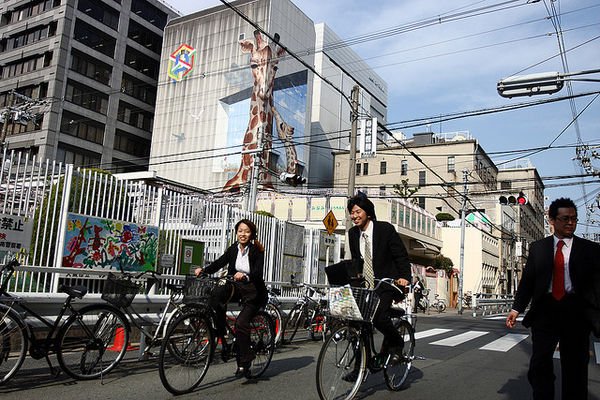
The article is still halfway through, but we recommend also reading:
Timetable in Japan and the World
Many think that Japan is one of the most worked countries in the world, they are wrong. A survey conducted shows that the average working hours in Japan is 1734 hours per year, which equates to approximately 34 hours per week.
The country that works the most is Mexico, with an average annual workload of 2237, which is equivalent to 43 hours per week. In second place we have Greece, then Chile, Russia, Poland, Hungary, Estonia, Israel, Brazil, Turkey, Ireland, United States, Czech Republic, Slovakia, New Zealand, Italy and only then we have Japan, far from the top of the ranking. of countries with the highest annual workload.
Hours Ranking
| post | Country | annual hours | Week hours |
| 1 | Mexico | 2237 | 43. |
| 2 | Greece | 2037 | 42. |
| 3 | Chile | 2015 | 42. |
| 4 | Rússia | 1980 | 41. |
| 5 | Poland | 1918 | 40. |
| 6 | Hungary | 1883 | 39. |
| 7 | Estonia | 1868 | 38. |
| 8 | Israel | 1867 | 40. |
| 9 | Brazil | 1841 | 40. |
| 10 | Turkey | 1832 | 47. |
| 11 | Ireland | 1815 | 35. |
| 12 | United States | 1788 | 41. |
| 13 | Czech republic | 1772 | 40. |
| 14 | Slovakia | 1770 | 40. |
| 15 | New Zealand | 1760 | 37. |
| 16 | Italy | 1752 | 36. |
| 17 | Japan | 1734 | 34. |
Sometimes a country may have a lower monthly workload but have a shorter vacation period. The sources for this ranking are from the OECD. Not all rankings are the same, in some I found Japan in 21st.
Although Japan has workaholics, it is not a country with a high workload. There are millions of Japanese who work part-time, others who work whenever they want, just like in any country.
So we concluded that work in Japan is like anywhere in the world. What is different is the way the Japanese face the work routine. So before you believe the generalization of the media or people, do some research and have a true knowledge about the subject.
We recommend that you also read the article > Work in Japanese – Understand the differences and meanings.
Karoshi - Death from Overwork
In the Japanese language there is a term called Karoshi, this term is used to report deaths caused by overwork. Karoshi has been part of the public consciousness since 1980.
The main medical causes of death by karoshi are heart attack and stroke due to stress. There is also malnutrition and suicide where work is one of the main causes.
If you want to know more, we recommend reading our article about Karoshi.

